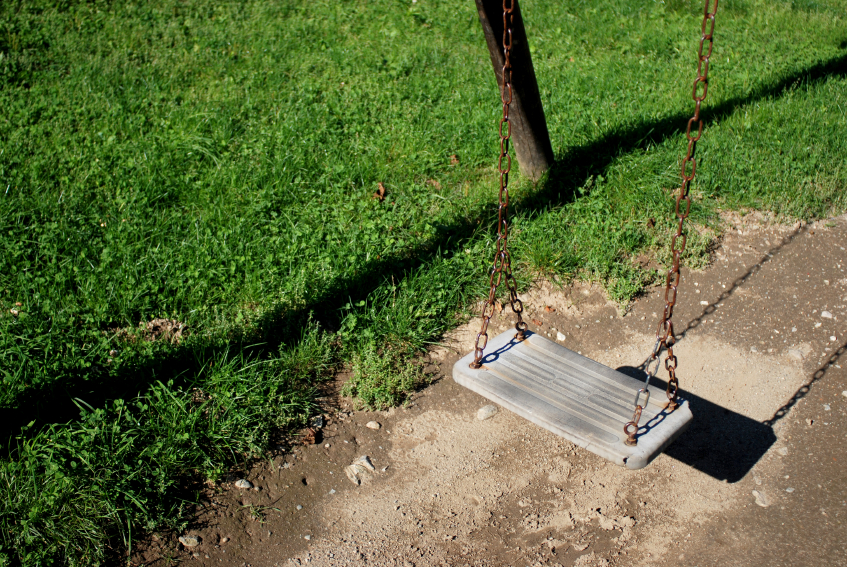
Almost one-third of Canadian adults have experienced child abuse
First nationally representative study on child abuse and mental disorders in Canada
Almost one-third of adults in Canada have experienced child abuse – physical abuse, sexual abuse, or exposure to violence in their home (i.e., against a mother, father, or other adult). As well, child abuse is linked to mental disorders and suicidal ideation or suicide attempts, reports University of Manitoba professor Tracie Afifi in an article published in CMAJ (Canadian Medical Association Journal).
“From a public health standpoint, these findings highlight the urgent need to make prevention of child abuse a priority in Canada,” writes Afifi, study lead and an associate professor in the departments of community health sciences and psychiatry. Her co-authors include Jitender Sareen, Tamara Taillieu, and Kristene Cheung from the University of Manitoba, and Harriet MacMillan and Michael Boyle from McMaster University.
While the link between child abuse and mental health is known, in Canada there is a lack of recent, comprehensive information on the prevalence of child abuse in the country and the link between different types of abuse and mental conditions in adults. Importantly, this article published in CMAJ is the first nationally representative study on child abuse and mental disorders in Canada.
University of Manitoba researchers looked at data from 23,395 people from across Canada who participated in the 2012 Canadian Community Health Survey: Mental Health. The participants were 18 years or older and were representative of people living in the country’s 10 provinces. The study did not include people living in the three territories, Indigenous communities, full-time members of the Canadian Forces, or people living in institutions.
According to the study, 32% of adult Canadians experienced child abuse, with physical abuse the most common at 26%, followed by sexual abuse (10%) and exposure to violence against an adult in their home (8%). Men were more likely to have been physically abused (31% v. 21% in women) and had a higher rate of overall abuse (34% v. 30%). Sexual abuse was more common in women (14% v. 6% in men) as was exposure to violence against an adult in their home (9% v. 7%). People between 35 and 64 years of age were more likely to have experienced abuse as children compared with people under 35 years of age.
“All types of child abuse were associated with all types of interview-diagnosed ment
al disorders (mood disorders, anxiety disorders, and substance use disorders), self-reported mental conditions, suicide ideation [thoughts of suicide] and suicide attempts in models adjusting for sociodemographic variables,” write the authors.
Drug abuse or dependence, suicidal thoughts and suicide attempts remained associated with all types of child abuse even in the most adjusted models. Importantly, the least severe type of physical abuse (being slapped on the face, head or ears or hit or spanked with something hard) showed a strong association with all mental conditions in models adjusting for sociodemographic variables. Exposure to more than one type of abuse increased the odds of having a mental condition.
Canada’s western provinces had the highest rates of child abuse with Manitoba first (40%), followed by British Columbia and Alberta (36%). Newfoundland and Labrador had the lowest rates of abuse at 21%.
“Health care providers should be aware of the relation between specific types of child abuse and certain mental conditions. Clinicians working in the mental health field should be skilled in assessing patients for exposure to maltreatment and should understand the implications for treatment,” the authors conclude.
Research at the University of Manitoba is partially supported by funding from the Government of Canada Research Support Fund.







